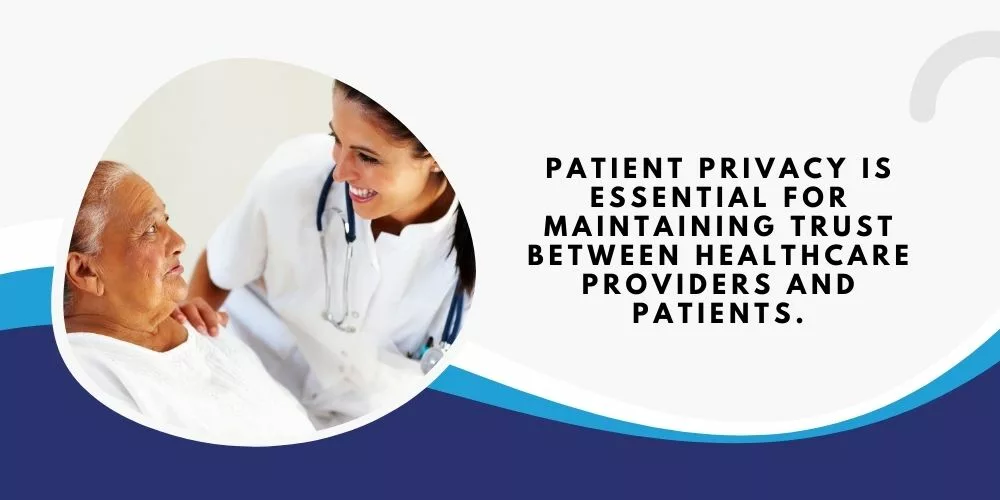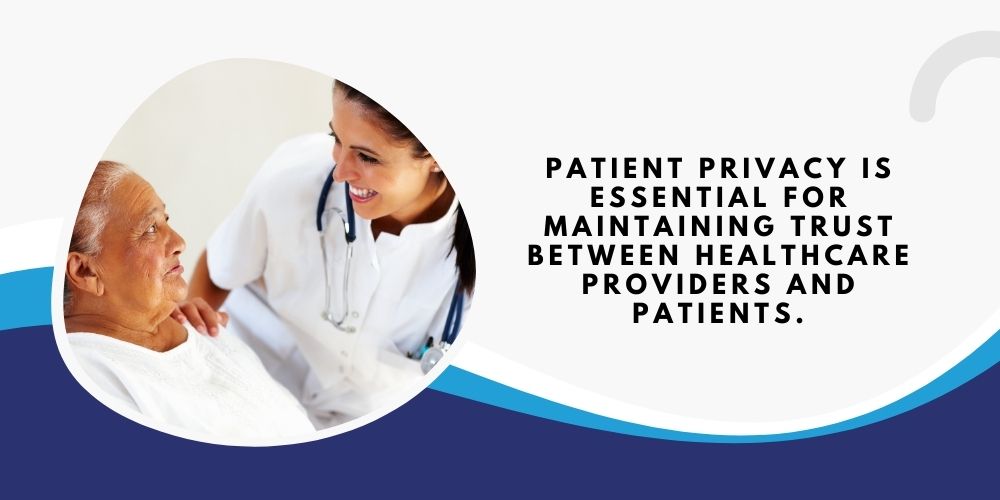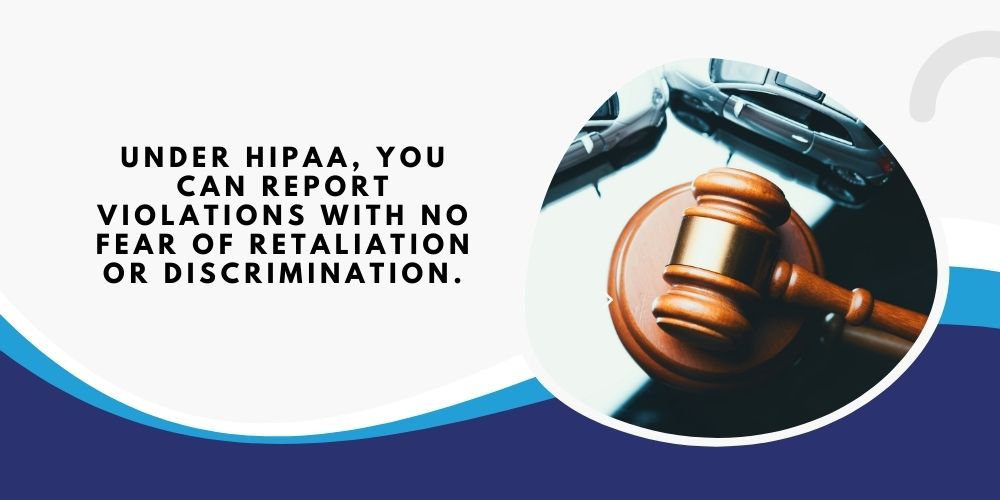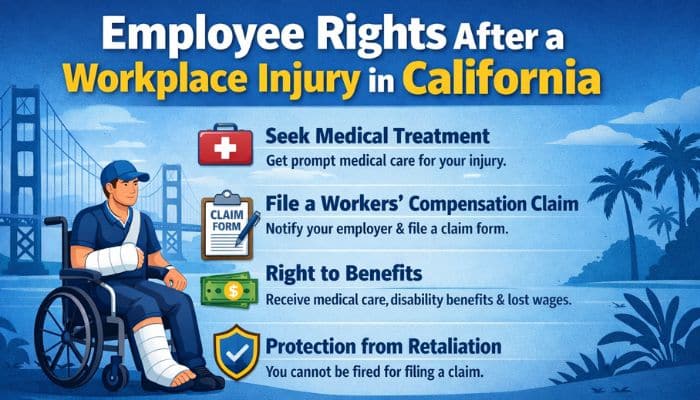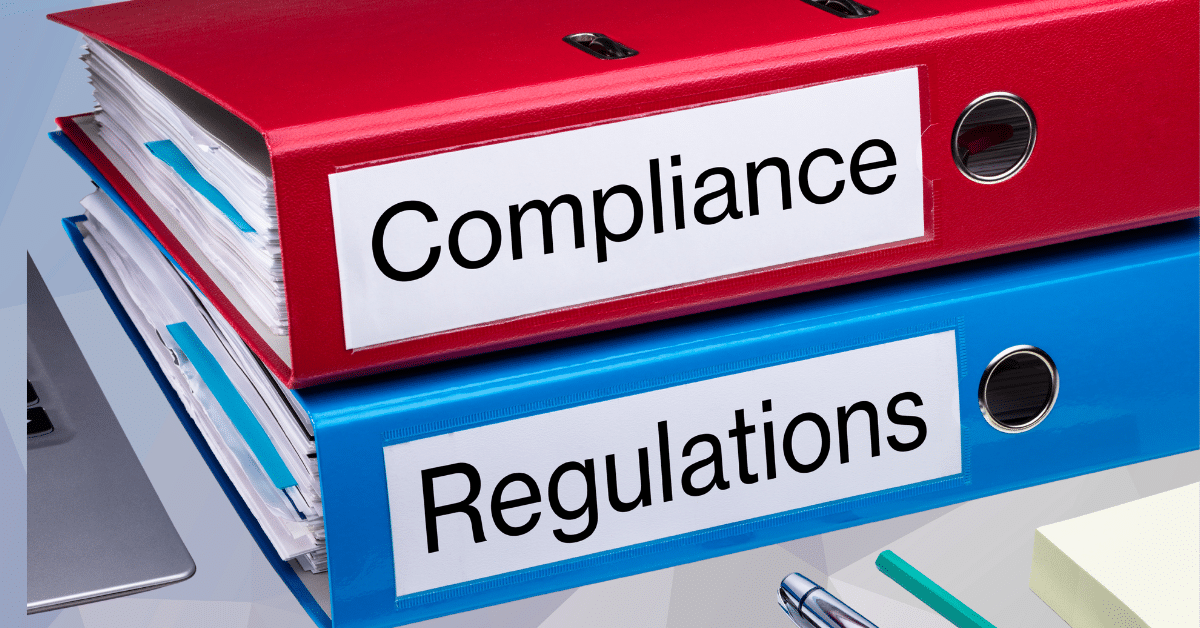Privacy Defender’s Guide: Reporting HIPAA Violations 2023 for Enhanced Data Protection
The protection of patient privacy is paramount in the healthcare industry. Reporting HIPAA violations not only safeguard patients’ rights but also ensures that healthcare providers maintain the highest standards of confidentiality.
This article will guide you through reporting a HIPAA violation, from understanding the regulations to navigating the complaint process.
Buy Now – Healthcare Facilites Part 2 Course
What is HIPAA?
What is HIPAA – The Health Insurance Portability and Accountability Act (HIPAA) is a federal law that protects the privacy and security of a patient’s medical information. The legislation includes several provisions to safeguard sensitive health data, including the Privacy and Security Rule.
Want to know – Who Enforces HIPAA?
The Importance of Patient Privacy
Patient privacy is essential for maintaining trust between healthcare providers and patients. Confidentiality ensures patients can openly communicate with their healthcare providers, leading to more accurate diagnoses and better overall care.
Must Read – Health Information Websites as Online Learning Content
Key Provisions of the HIPAA Privacy Rule
The Privacy Rule outlines the standards for protecting individuals’ medical records and personal health information. Key provisions include:
- Limiting the disclosure of protected health information (PHI) to the minimum necessary.
- Getting patient consent for certain uses and disclosures.
- Ensuring patients can access their medical records.
What are the Types of HIPAA Violations?
HIPAA violations can take various forms, and understanding the most common types can help you identify potential breaches.
1. Unauthorized Access to Patient Information
This violation occurs when someone without proper authorization accesses PHI. Examples include snooping on medical records or accessing patient data without a legitimate reason.
2. Improper Disposal of Protected Health Information
Healthcare providers must properly dispose of PHI to prevent unauthorized access. Violations can occur when providers cannot shred or otherwise securely dispose of physical or electronic PHI.
3. Unsecured Electronic Communications
Sending PHI via unencrypted email, text message, or other electronic communication channels can lead to unauthorized access and makes up a HIPAA violation.
4. Inadequate Security Measures
Healthcare providers must implement appropriate administrative, physical, and technical safeguards to protect PHI. Inadequate security measures can cause HIPAA violations. It includes:
- Weak passwords; or
- Insufficient access controls.
Must Read – How To & When Should You Promote HIPAA Awareness Effectively In Your Organization?
How to Recognize a HIPAA Violation?
Recognizing the signs and gathering sufficient evidence to report a HIPAA violation is crucial.
Red Flag to Watch Out For HIPAA Violation
Red flags can include suspicious behavior by employees, unusual requests for PHI, or unusual patterns in the use or disclosure of PHI.
Must Read – Types of HIPAA Compliance Training: What Does Your Company Need?
Common Scenarios that Lead to Violations
Some common scenarios include employees leaving sensitive documents in public areas, using unsecured communication methods, or accessing patient records without a legitimate reason.
How to Gather Evidence of a HIPAA Violation
When you suspect a HIPAA violation, it’s essential to document the incident and gather relevant information while preserving confidentiality.
Documenting the Incident – You must create a detailed record of the incident, including the
- Date;
- Time;
- Location;
- Any witnesses; and
- Suspected violator’s identity.
Also Read – HIPAA – Protecting Patients Against Medical Identity Theft
Collecting Relevant Information – Gather relevant documentation, such as email correspondence or screenshots, to support your claim.
Preserving Confidentiality – Ensure that you maintain the confidentiality of PHI during the investigation process.
When to Report a HIPAA Violation?
Reporting a HIPAA violation is crucial. Know when to report it.
Timeframe for Reporting – You must report as soon HIPAA violations as possible, ideally within 180 days of discovering the breach. However, extensions may be granted in certain circumstances.
Factors to Consider Before Reporting – Before reporting a violation, consider the potential consequences and weigh the importance of protecting patient privacy against potential risks.
To whom to Report a HIPAA Violation To?
Depending on the circumstances, you can report a HIPAA violation to several entities.
Reporting to Your Healthcare Provider – If the violation occurred within your healthcare provider’s organization, consider reporting the incident to them first. They may address the issue internally and take appropriate corrective action.
Reporting to the Covered Entity – The healthcare provider is unresponsive or unable to resolve the issue. Here, you can report the violation to the covered entity responsible for compliance with HIPAA regulations.
Reporting to the U.S. Department of Health and Human Services – The violation remains unresolved or if you believe it is a systemic issue. Here, you can file a complaint with the Office for Civil Rights (OCR) under the U.S. Department of Health and Human Services.
How to File a HIPAA Complaint Online?
The online complaint process is an accessible and efficient method for reporting HIPAA violations.
Guide For Online Complaint Process (Step-by-Step)
- Visit the OCR’s website and navigate to the complaint portal.
- Fill out the fields, providing detailed information about the incident.
- Attach any supporting documentation to strengthen your case.
- Submit the complaint.
- Wait for a response from the OCR.
Tips for Submitting an Effective Complaint
- Be concise and clear in your description of the violation.
- You must provide as much detail as possible, including
- Dates;
- Times; and
- Names of those involved
- Maintain a professional tone and avoid inflammatory language.
Must Read – How to Get HIPAA Certification
How to File a HIPAA Complaint via Mail or Fax?
You can report a violation via mail or fax (if you prefer not to submit your complaint online).
Necessary Forms and Documents – Download and complete the OCR’s Health Information Privacy Complaint form, and gather any supporting documentation.
Contact Information for Mailing and Faxing – Mail the completed form and any attachments to the OCR’s regional office. You can also send them via fax to the number listed on the OCR’s website.
Want to know – How to Get HIPAA Certification
What Happens After You Report a HIPAA Violation?
The OCR will investigate your complaint. It will determine if a violation has occurred.
The Investigation Process – The OCR will review your complaint, gather additional information, and interview relevant parties before deciding if further action is necessary.
Potential Outcomes and Penalties – If a violation is confirmed, the OCR may impose penalties ranging from corrective action plans to substantial fines.
How to Protect Yourself from Retaliation?
You must know your rights as a whistleblower. Furthermore, you must take steps to protect yourself from retaliation.
Your Rights as a Whistleblower – Under HIPAA, you can report violations with no fear of retaliation or discrimination.
Legal Protections and Support Resources – The OCR enforces anti-retaliation provisions and can provide resources and support to whistleblowers.
FAQs about Reporting HIPAA Violations
Q. How Long Does the Investigation Process Take?
A. The duration of an investigation can vary widely. It depends on the complexity of the case and the resources available.
Q. What if My Complaint Is Not Substantiated?
A. If the OCR finds insufficient evidence to substantiate your complaint, you may be informed of other options or provided additional resources.
Q. Can I Report Anonymously?
A. Yes, anonymous reporting is possible, but providing your contact information can make the investigation more effective.
Must Read – Who Is Responsible For Enforcing The HIPAA Security Rule?
Real-Life Examples of HIPAA Violations and Their Consequences
Understanding past HIPAA violations can provide valuable insights into the importance of vigilance and compliance.
High-Profile Cases and Settlements – Many high-profile cases have resulted in significant settlements, reinforcing the need for strict adherence to HIPAA regulations.
Lessons Learned from Past Violations – Past violations serve as cautionary tales, highlighting the importance of proper training, effective security measures, and a strong organizational culture of compliance.
Want to know: Types of HIPAA Compliance Training: What Does Your Company Need?
Conclusion: The Importance of Speaking Up for Patient Privacy
By reporting HIPAA violations, you play a crucial role in safeguarding patient privacy. You are also ensuring healthcare providers uphold the highest standards of confidentiality.
Furthermore, your actions contribute to a more reliable and effective healthcare system. It makes a lasting impact on the well-being of patients everywhere.
Continue advocating for stronger privacy protections and holding healthcare providers accountable for their actions.
At Coggno, we provide HIPAA training.
Explore the entire HIPAA training and courses library here.

